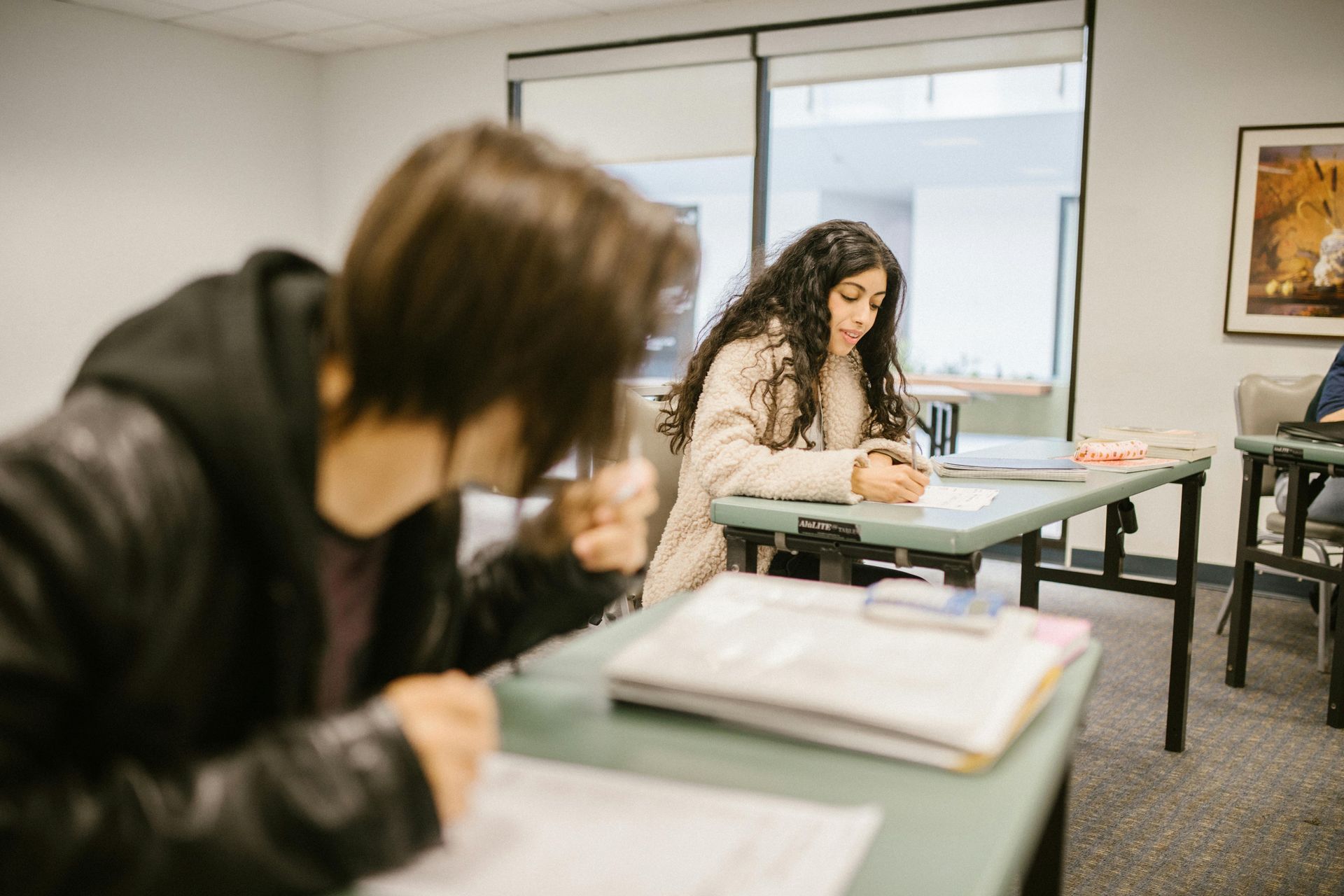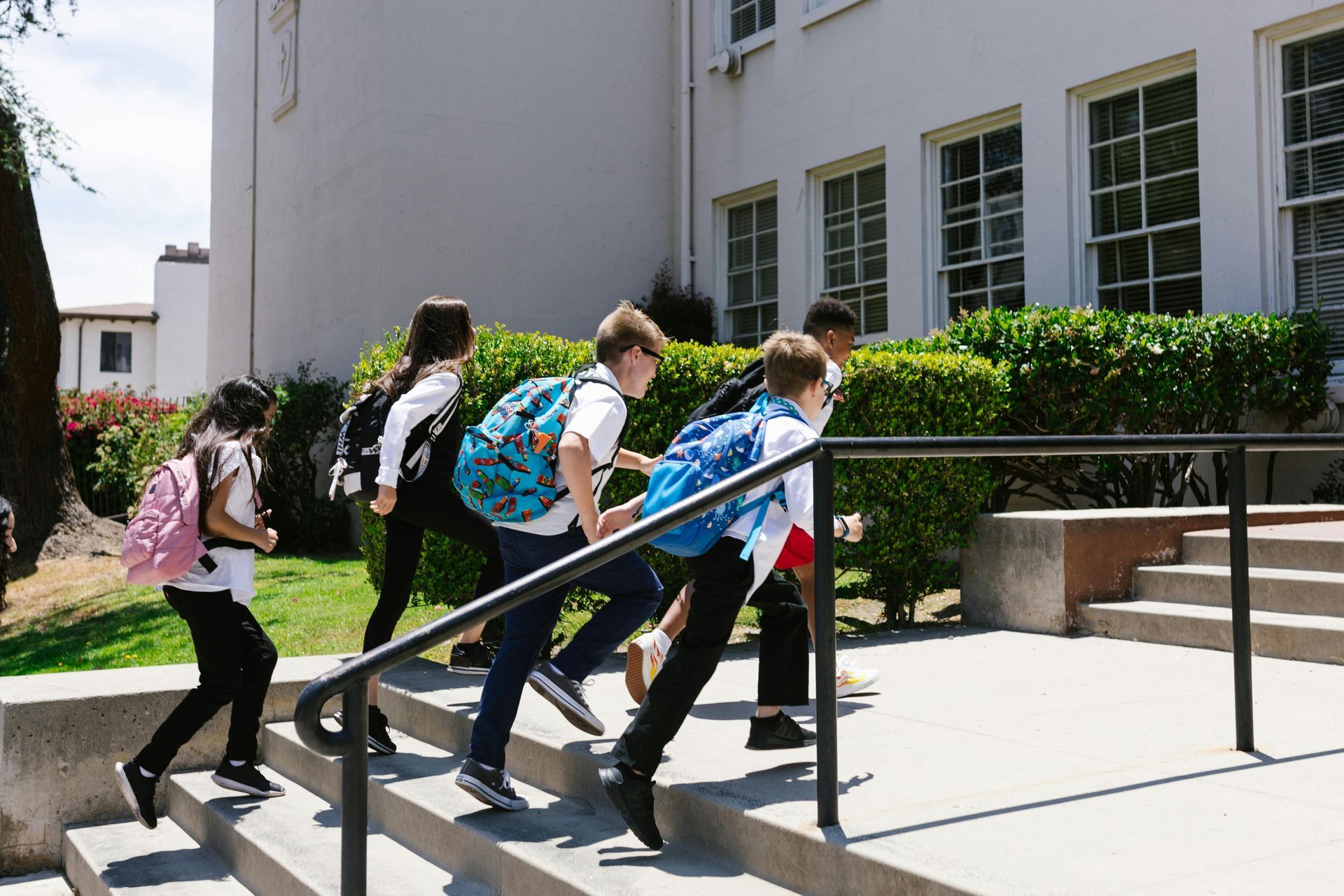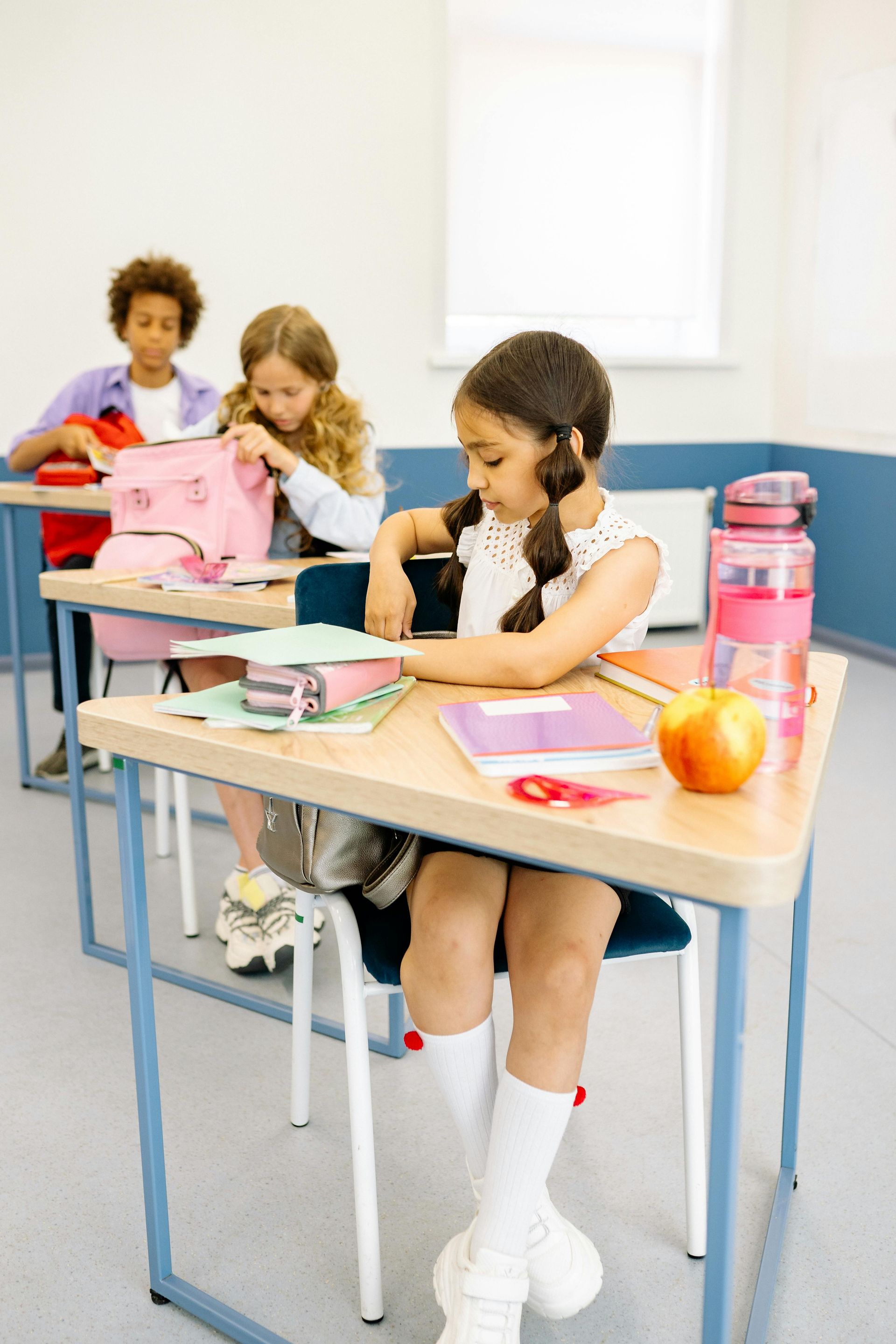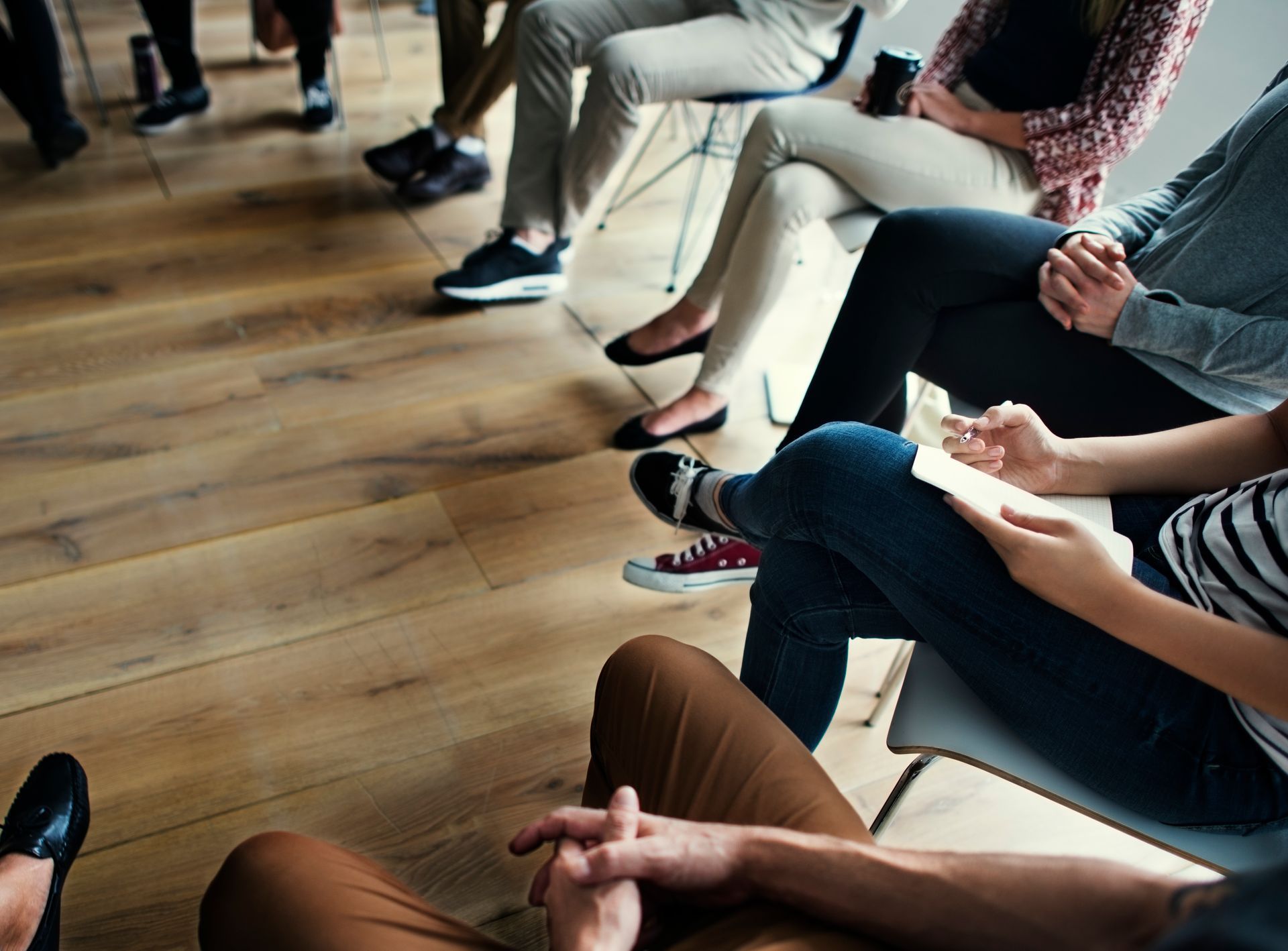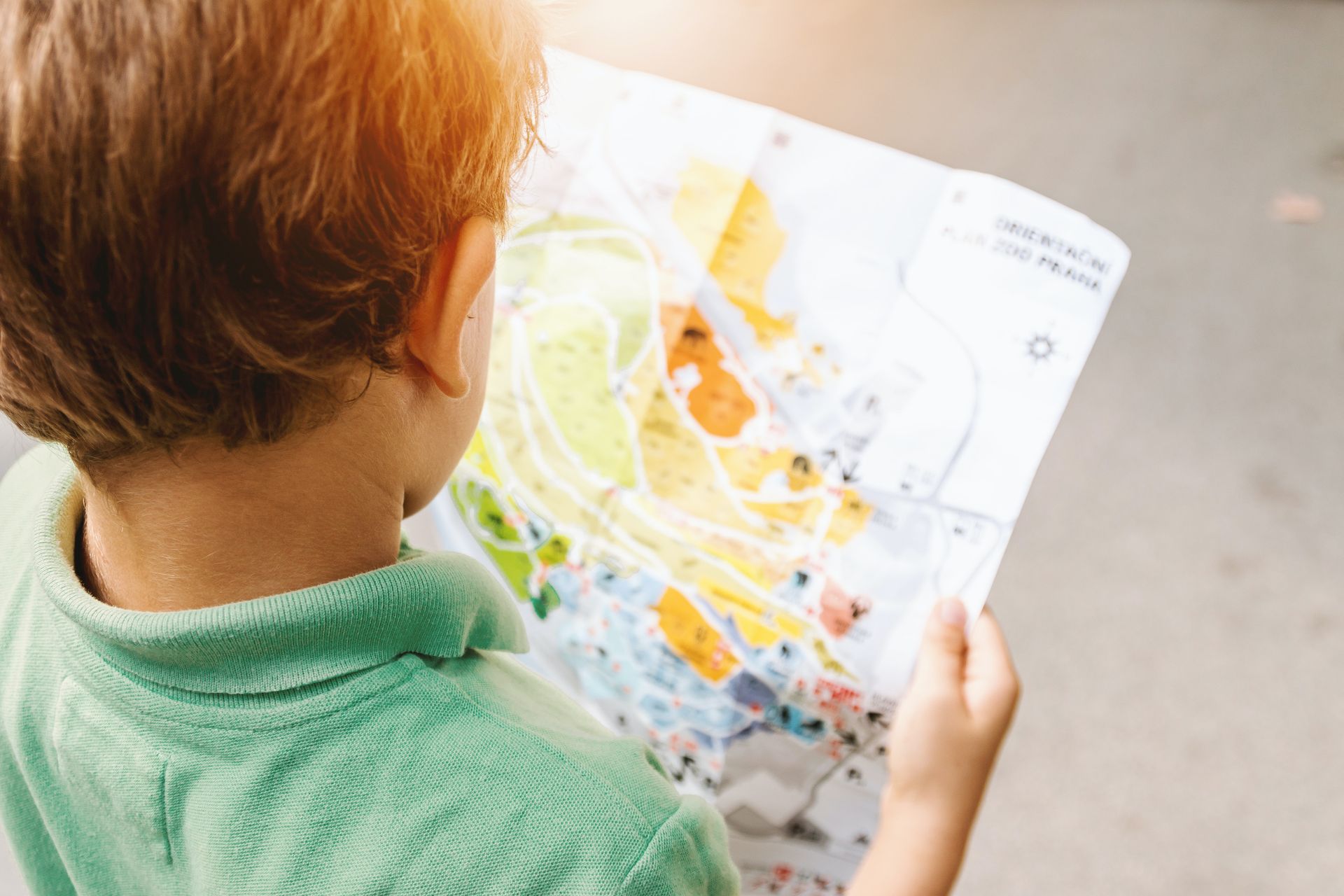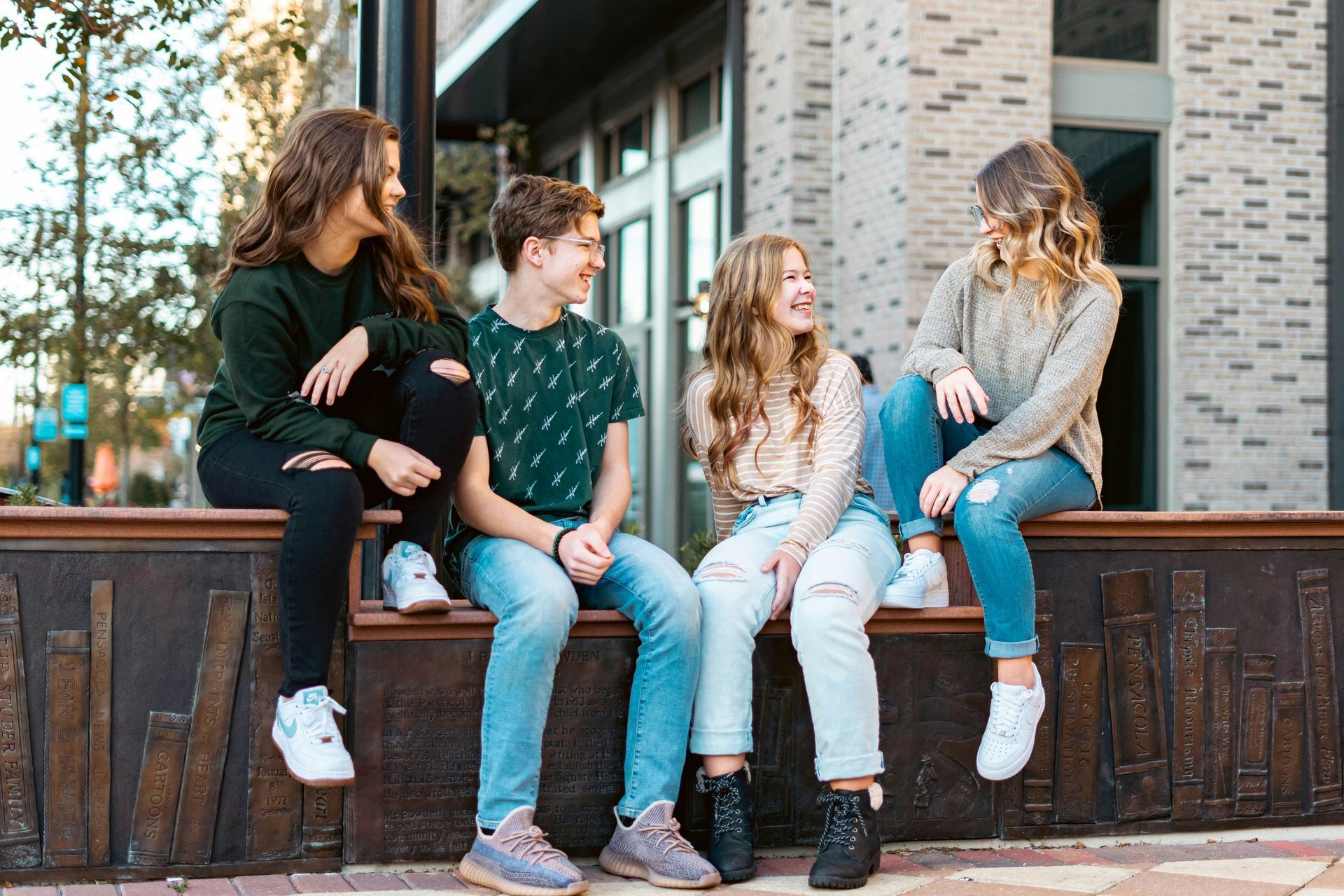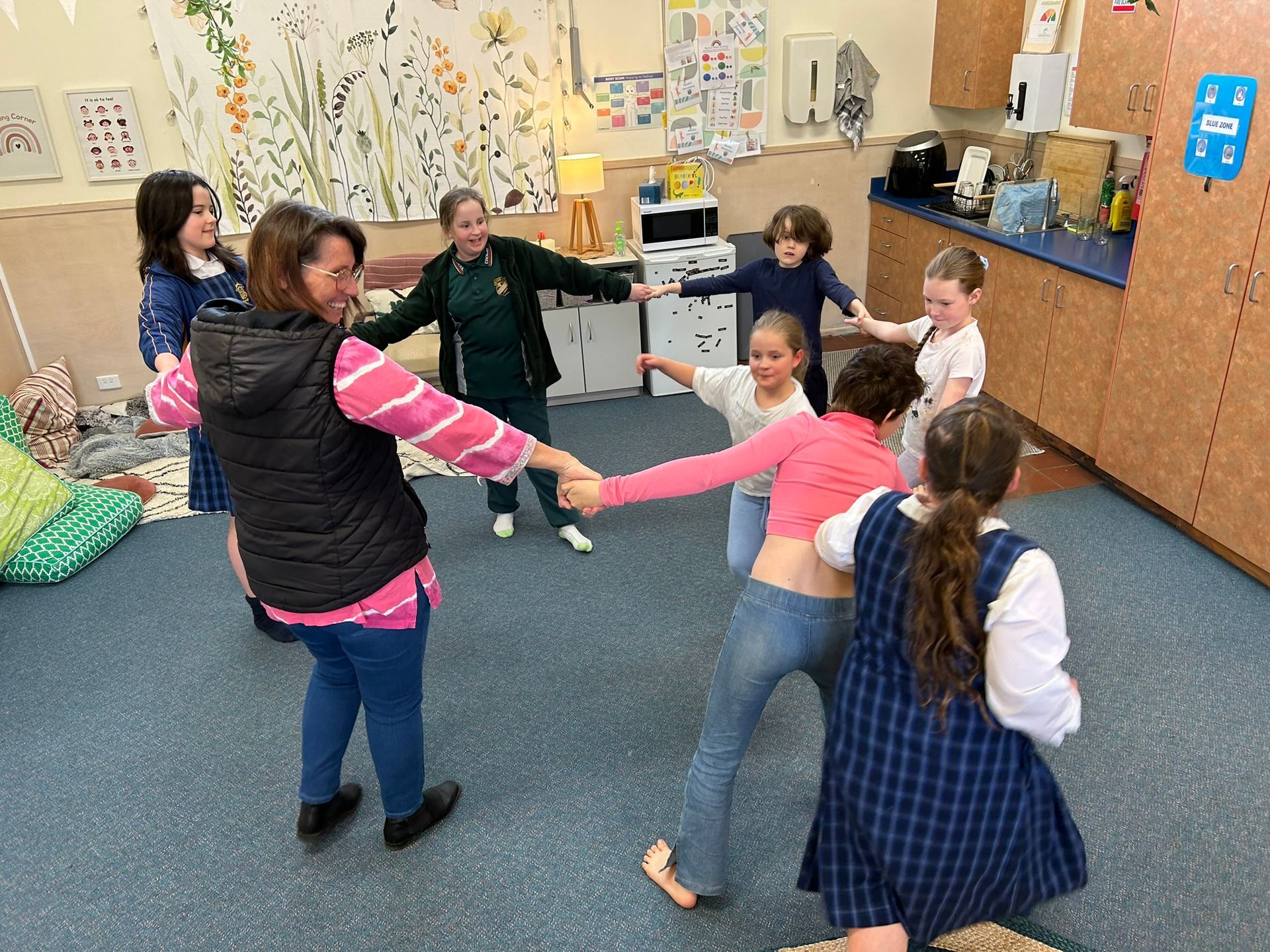About PEERS® Programs & Debunking the Myths
Neuroaffirming Approach to Learning About Making & Keeping Friends
At Making Connections Toowoomba (MCT), we know that social interactions don’t always come naturally—and that’s completely okay and happens to all of us. Everyone communicates and connects in their own way. For neurodivergent children, teens, and young adults, navigating friendships, conversations, and social situations can sometimes feel overwhelming.
That’s why we offer PEERS® programs (Program for the Education and Enrichment of Relational Skills)— internationally recognised, evidence-based programs that provides practical, teachable social strategies for those who want to learn them. Importantly, PEERS® programs are delivered with a neuroaffirming approach. It is not about changing who you are; it’s about giving you some tools to connect with others in ways that feel right for you.
Debunking the Myths: Are PEERS® programs Neuroaffirming?
Some people, often those unfamiliar with the programs, may believe that PEERS® is not neuroaffirming. This is a misconception. PEERS® are strengths-based, neuroaffirming programs - in fact, to remind participants and their caregivers of this, each session starts with a 'neuroaffirming pledge'.
PEERS® programs do not aim to make neurodivergent people conform to neurotypical social norms. Instead, they provide participants with a range of strategies they can choose to use if and when they find them useful. It respects individual differences and honours the diverse ways people communicate and build relationships. Importantly, PEERS® programs align perfectly with MCT’s mission where we emphasise the acceptance of neurodiversity as a natural and valuable aspect of human diversity and don’t try to "fix" or "cure" our participants, rather:
We aim to help neurodivergent youth make connections with like-minded peers and build skills and strategies so they can interact within their world with greater comfort, connectedness, and confidence.
What is PEERS®?
PEERS® was originally developed at UCLA and is one of the most researched social skills programs worldwide. Due to over two decades of robust, longitudinal research, these are ‘evidence-based’ programs for teaching young people skills for making and keeping friends.
Unlike traditional approaches that focus on “fixing” social difficulties, PEERS® programs teach social strategies that neurodivergent people can choose to use if and when they find them helpful. It is also based on ‘gold standard’ interventions for children and teens, as caregivers also attend the program so they can learn how to socially coach their young person not only during the program but well beyond.
At Making Connections, we offer two PEERS® programs:
- PEERS for Preschoolers (for children in Prep and Grade 1)
- PEERS for Teens and Young Adults (14 years to 18 years)
Both programs provide a structured, supportive space to explore different ways to connect with others—especially like-minded peers who share similar interests.
What Does PEERS Teach?
PEERS® programs do not tell participants how they “should” behave. Instead, they provide clear, step-by-step guidance on:
✔️ Recognising and choosing social opportunities that align with your interests
✔️ Navigating conversations and group interactions at your own pace
✔️ Managing common social challenges (e.g., misunderstandings, disagreements)
✔️ Practicing social reciprocity in ways that feel authentic
✔️ Building and maintaining friendships with quality friends, people who appreciate you for who you are
How PEERS® Helps Different Age Groups
PEERS® for Preschoolers (Prep and Grade 1)
STARTING TERM 2
For younger children, PEERS® focuses on early play and communication strategies that help them engage with peers in ways that feel comfortable, including:
✔️ Taking turns in play and conversation
✔️ Learning how to join in with others (when they want to)
✔️ Understanding different social cues at their own pace
✔️ Managing big emotions in social settings
We are the first in Australia to deliver this program - Limited Places Available!
More information: Click HERE
PEERS® for Teens and Young Adults (14-18 years)
STARTING TERM 2
As young people grow, social expectations become more complex. PEERS® for Teens and Young Adults builds on foundational skills by focusing on:
✔️ Initiating and maintaining conversations with peers
✔️ Finding friendships based on shared interests
✔️ Understanding and using humour appropriately
✔️ Navigating social media and online communication
✔️ Managing peer conflict and handling rejection
✔️ Developing skills for romantic relationships (optional, based on participant interest)
In Term 2, we are offering a condensed, 10-week version.
More information: Click HERE
Join Us for the Next PEERS® Programs
Both PEERS® for Preschoolers and PEERS for Teens and Young Adults will be starting in the next couple of months at Making Connections Toowoomba. In fact, we are among the very first certified providers to offer PEERS® for Early Years, and we have been running PEERS® for Teens for several years.
If you would like to know if this is a good fit program for your family or you're interested in learning more or securing a place for your child or teen, visit our website or contact us for more details. We’d love to support your young person in making meaningful, lasting connections in a way that works for them!

